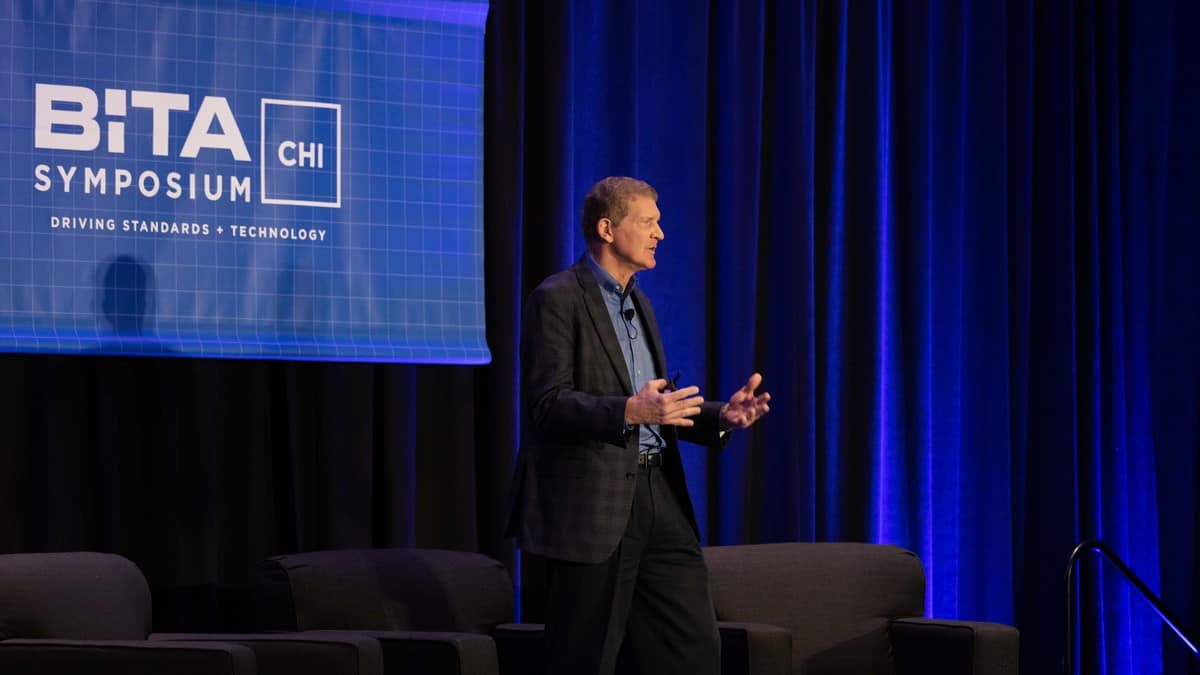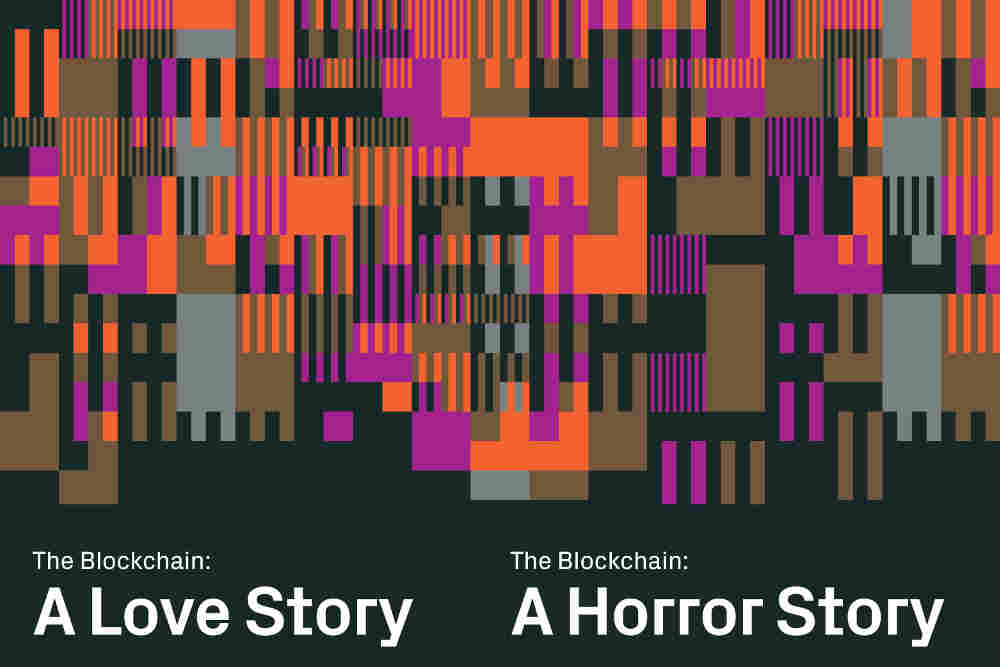“Automation may not be a threat to lawyers; it might be a threat to young lawyers,” Shane Orians said.
Executives gathered at the BiTA Symposium Chicago to share the opportunities and bottlenecks of blockchain, as well as provide perspectives on smart contracts, supply chain visibility, and maintaining Blockchain in Transport Alliance (BiTA) standards.
“The first smart contract happened in 1989,” said Ron Leibman of McCarter & English, a full-service law firm headquartered in Newark, New Jersey. “If you use Paypal and Venmo, those are smart contracts, because you agree to terms and there’s automatic processing.”
Leibman joined the stage with Houman Shadab, the co-founder of Clause, and Shane Orians, the managing counsel at Meijer. Clause is a software company that makes commercial contracts to utilize real-time data, and Meijer is a grocer with 250 supercenters across the Midwest.
“Law firms are spending lots of money on artificial intelligence,” Leibman continued. “They’re trying to eliminate the need for junior lawyers doing rote work. In 20 years, none of your companies are going to pay for that. Sizable firms will be focusing on higher level issues like indemnities. That is the way the industry is going.”
Clause creates smart contracts using blockchain partnered with Docusign, and they can be used by companies to reduce errors in transactions as well as overhead. While Clause can’t automate every part of the contract, it can automate the objectively verifiable aspects like penalties.
“Contracts are not just a tool for attorneys, but can help manage the company. Contracts provide governance between the party and the company. It helps reduce the friction of onboarding,” said Shadab.
However, Orians said that at Meijer the company is still using paper contracts that he calls “dumb smart contracts.” He said Meijer is embracing automation with contracts to decrease legal involvement. In fact, he said of the thousands of contracts that go through, a lawyer only touches 4%. Because the workload at Meijer increases with scale and it’s not hiring more full-time employees, that percentage needs to be maintained or decrease.
“Automation may not be a threat to lawyers; it might be a threat to young lawyers,” Orians said.
It’s not just automation and blockchain, however, that revolutionizes the supply chain, said Stephen J. Rogers, vice president of blockchain initiatives for supply chain at IBM. It’s also the hybrid cloud, which ensures that the right infrastructure and data are in the right place, and also artificial intelligence.
While IBM has four blockchains to join – TradeLens, IBM Food Trust, Trust Your Supplier and IBM transaction intelligence, Rogers said that companies can also build their own. If they do, however, he said make sure your approach to the problem you’re trying to solve has a value proposition that’s beneficial to everyone in the supply chain.
“Once you have the platform, there are tremendous opportunities to innovate,” said Rogers. “Building a network is as much work as developing the solution. People only appreciate that when they finish their first blockchain project. Always keep the pilot and production phases in mind when you’re working on your first project. It’s not easy to bring others into the network.”
Source/More: What blockchain means for lawyers, e-commerce merchants and financial services – FreightWaves















